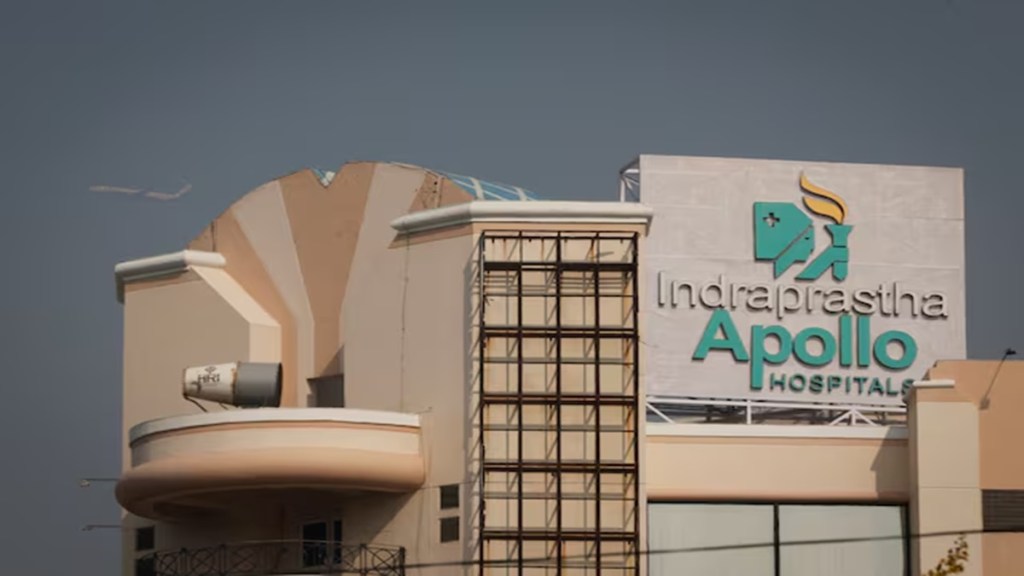Apollo Hospitals’ plan to spin off its pharmacy distribution and digital health businesses into a separate listed entity is expected to unlock value in its high-growth segments and enable more efficient capital allocation between its core hospital operations and the rapidly expanding telehealth vertical, according to analysts and industry experts.
The board of Apollo Hospitals Enterprise (AHEL) on Monday granted in-principle approval for a Composite Scheme of Arrangement. Under the proposed scheme, the country’s largest listed healthcare chain will demerge its omnichannel pharma distribution and Apollo 24/7 digital health businesses—collectively housed under Apollo HealthCo—into a new entity. Keimed, AHEL’s wholesale pharma distribution arm, will also be merged into this entity, which is projected to generate $3 billion in annual revenues.
The new company will encompass Apollo 24/7, the offline pharmacy distribution operations of Apollo HealthCo, third-party pharma distribution through Keimed, and AHEL’s telehealth services.
According to Morgan Stanley, Apollo has historically traded at a discount to its peers, primarily due to underperformance and heavy investments in its 24/7 digital platform. “Separating the two businesses will allow investors to better assess the profitability of the hospital division,” the firm noted.
Citi has reiterated its ‘Buy’ rating on Apollo, raising its target price to ₹8,260. The brokerage pointed out that Apollo’s hospital segment currently trades at a 25–30% discount to peers such as Narayana Health and Max Healthcare, largely due to losses in the digital vertical and a complex corporate structure. With a leaner and more focused structure post-demerger, Citi expects the valuation gap to narrow, offering potential upside.
While the hospital business remains AHEL’s core, Apollo HealthCo—its omnichannel pharmacy distribution and digital health arm—was the fastest-growing segment in FY25. AHEL’s consolidated revenue rose 14% year-on-year to ₹21,794 crore, with the healthcare business contributing ₹11,147 crore (up 13%) and Apollo HealthCo growing 16% to ₹9,093 crore. Apollo HealthCo’s share of total revenue increased to 41% in FY25, up from 37% in FY22.
However, profitability remains skewed toward the hospital segment, which posted a net profit of ₹1,426 crore in FY25, compared to just ₹47 crore from Apollo HealthCo.According to analyst at Motilal Oswal, the demerger unlocks hidden value by separating high-growth businesses and allowing them to be valued independently, which typically leads to better price discovery and shareholder returns.
Apollo Hospitals projects that the combined business could reach a revenue run rate of ₹25,000 crore (~$2.9 billion) by FY27.
Param Desai, research analyst at PL Capital, said the scale-up of Apollo HealthCo is progressing as planned, with the digital business likely to achieve Ebitda breakeven within the next 3–4 quarters. He added, “The combined revenue target of ₹25,000 crore by FY27E will be driven by over 20% growth in Offline Pharmacy and Keimed, and 25–30% in Apollo 24/7. Overall, we estimate 16% Ebitda CAGR over FY25–27E (ex 24/7 losses).”Apollo plans to list the new entity within the next 18–21 months. AHEL shareholders will receive 195.2 shares of the new entity for every 100 shares held. Shares of Apollo Hospitals rose 5% intraday before closing 3% higher at ₹7,467 on the NSE.

